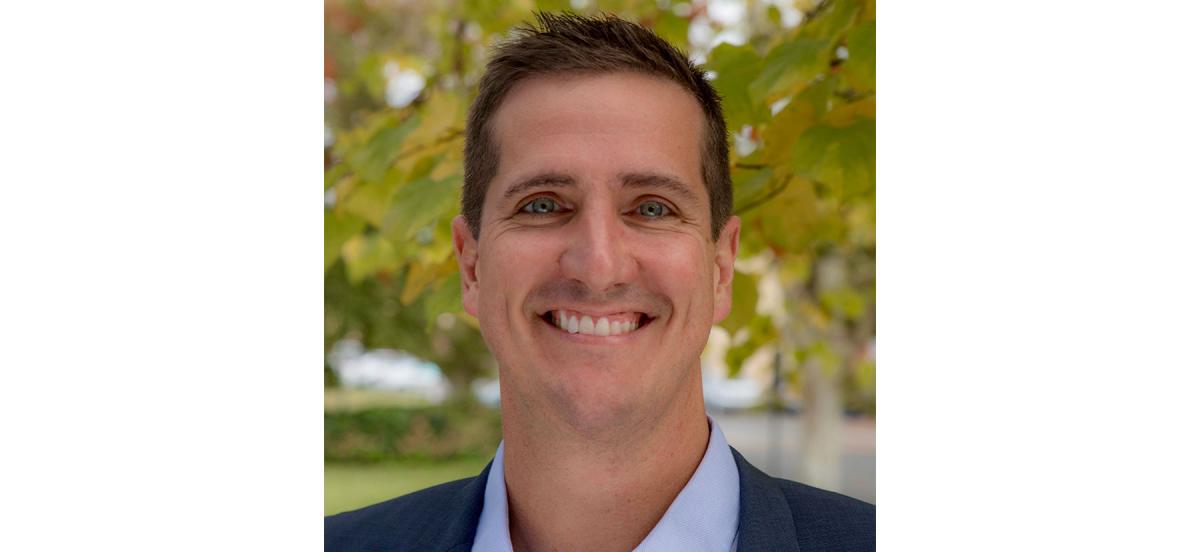Roads Taken and Not Taken: Ethan J. Kytle ’95

Ethan J. Kytle is a professor of history at California State University, Fresno. His latest book, coauthored with Blain Roberts, is Denmark Vesey’s Garden: Slavery and Memory in the Cradle of the Confederacy. Photo by John Trotter.
Details
The professor of history at California State University, Fresno writes about looking to the past for clues about how to process the pandemic.
Like most, if not all, of my fellow Fords, I was overwhelmed by the COVID19 pandemic when it hit last spring. Schools closed. Restaurants shuttered. Millions of people out of work. Thousands sick or dying.
As a professor of history, my first instinct was to look to the past for clues about how to process such an extraordinary moment. So I began exploring how my hometown of Fresno, in the heart of California’s Central Valley, responded to the last health crisis of this magnitude.
A century ago, in 1918-19, another deadly virus swept the globe. Businesses were shut down, cities were quarantined, and hospitals were overwhelmed. During this pandemic, about one-third of the world’s population was infected by an especially virulent influenza strain that killed 675,000 Americans and at least 50 million people worldwide.
This 1918-19 pandemic, however, was virgin historical territory for me. I am a scholar of 19th-century America, and my research and teaching focuses on slavery, abolition, and the Civil War—topics that first fascinated me in Haverford Professor Roger Lane’s legendary United States history survey. I needed, in short, to take a crash course in the great influenza outbreak.
Fortunately, I had access to digital copies of the Fresno Morning Republican, the leading daily newspaper covering my community in the early 20th century, which allowed me to piece together what happened here in 1918 and 1919. To capture how the flu pandemic unfolded in Fresno, I began publishing a series of regular blog posts that sought to track the outbreak in real time, allowing readers to follow the course of that health crisis as our own pandemic unfolded week by week.
I wrapped up this project in late September, after six months, 20 posts, and a 7,500-mile, cross-country drive with my family (a whole other story!). I was a bit chagrined that I couldn’t stick to my original real-time vision—it took me six months to cover the four-month arc of Fresno’s flu pandemic, a fact that highlights the challenges of such an endeavor as well as the longevity of the COVID-19 outbreak. We are more than six months in with no end in sight.
Here are some other lessons I learned along the way:
First, early action makes a difference. Back then, Fresno reacted fairly swiftly to the appearance of the flu, enacting social distancing measures sooner than many other cities—and its low mortality rate testifies to the wisdom of this approach. My hometown’s response certainly compares favorably to that of Philadelphia, America’s hardest-hit city, where authorities downplayed the threat of the virus for weeks.
Second, we should expect greater resistance to emergency health measures the longer the coronavirus crisis drags on. During the first wave of the 1918-19 pandemic, most Fresnans seem to have followed city regulations, though some flouted the mask ordinance (and risked being fined and arrested). During the second wave, however, resistance became more overt. Pool halls and other places of amusement refused to close their doors, and business owners threatened lawsuits unless they were permitted to operate unfettered. Public health officials, meanwhile, increasingly struggled to convince residents to put aside their individual interests for the good of the community.
The final—and most important— lesson I learned was that Fresno, like countless other communities across the country and beyond, survived a pandemic before. This is not the first time we’ve upended our lives in the face of a deadly virus. It’s not the first time we’ve closed churches, schools, and businesses, taught our children by remote learning, or donned masks each and every time we go out in public.
We’ve done this before, and if we pull together and make the necessary personal and collective sacrifices, we will survive this crisis, too.
Read “Dispatches from Fresno, 1918-19” on the history blog Tropics of Meta.



